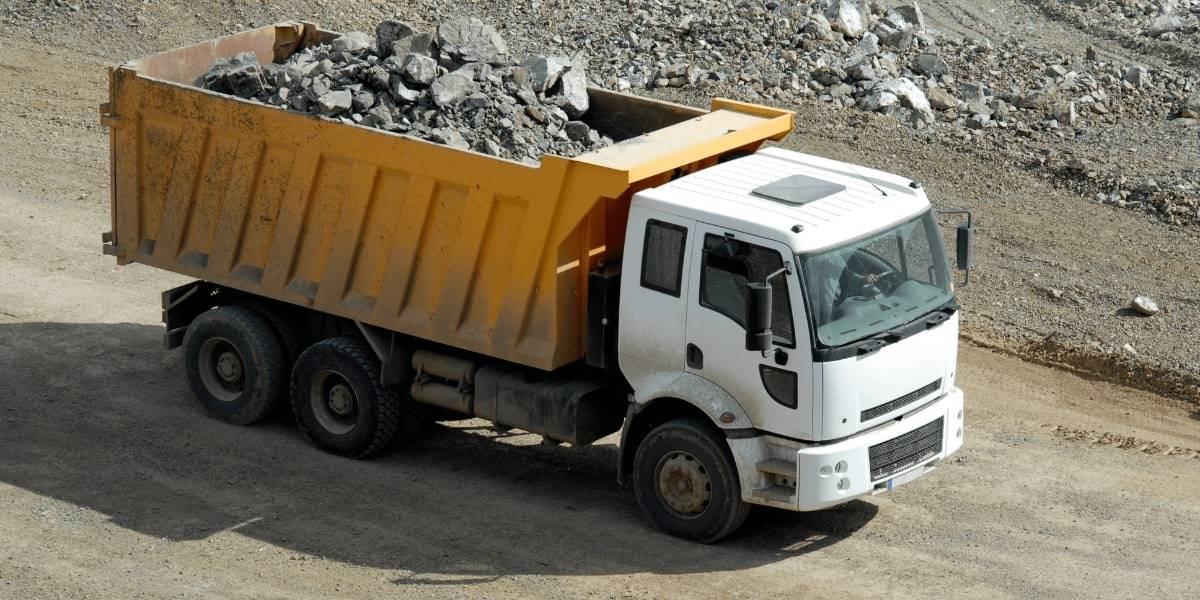Driving on Florida’s bustling highways, from I-95 in Miami to I-4 in Orlando, can be challenging enough without the added hazard of road debris. Road debris damage, whether from loose cargo, construction materials, or fallen tree branches, poses a significant risk to drivers, causing vehicle damage, injuries, or even fatalities.
What Is Road Debris Damage?
Road debris damage refers to harm caused by objects on roadways that strike vehicles or force drivers to swerve, leading to accidents. Common debris includes tire fragments, unsecured cargo (like furniture or tools), construction materials (nails, gravel), or natural objects (tree limbs after a storm). In Florida, where hurricanes and heavy traffic are common, debris-related incidents are frequent. The Florida Department of Highway Safety and Motor Vehicles reports thousands of crashes annually linked to road hazards, with debris often a contributing factor.
The impact of debris can range from minor, a cracked windshield from a pebble, to severe, like a mattress causing a multi-car pileup. Injuries may include whiplash, fractures, or traumatic brain injuries if a crash occurs. Understanding liability is key to recovering costs for repairs, medical bills, or lost wages. For related cases, you may also want to read about multi-car collisions in Florida.
Common Causes of Road Debris in Florida
Florida’s unique environment and infrastructure contribute to road debris damage. Here are the primary sources:
Unsecured Cargo: Items falling from trucks are a leading cause. Federal and Florida regulations require cargo to be secured, but violations are common on highways like the Florida Turnpike.
Construction Zones: Ongoing development in cities like Tampa and Jacksonville can leave gravel, tools, or barriers on roads.
Natural Debris: Hurricanes and tropical storms scatter branches and other debris onto roads.
Vehicle Parts: Worn tires or broken auto parts often litter interstates, especially in high-traffic areas like Fort Lauderdale.
Negligent Maintenance: Government agencies or contractors may fail to clear debris promptly.
If debris comes from a truck or rideshare vehicle, liability issues may overlap with cases involving Uber car accidents.
Determining Liability: Who Is Responsible for Road Debris Damage?
In Florida, liability for road debris damage hinges on negligence. Several parties could be responsible:
Commercial Drivers or Companies: If debris falls from a truck, the driver or their employer may be liable.
Construction Companies: Contractors working on roads must ensure materials don’t endanger drivers.
Government Entities: FDOT or municipalities may be liable if they fail to clear known debris.
Other Drivers: A motorist who negligently allows items to fall from their vehicle.
Manufacturers: In rare cases, defective vehicle parts could lead to product liability claims.
Florida’s comparative negligence rule complicates matters. For example, if you swerved to avoid debris but were speeding, compensation could be reduced. To learn how fault plays out in other scenarios, see our guide on determining liability after a trucking accident.
Legal Consequences and Remedies
Road debris damage can lead to both civil and criminal consequences:
Civil Lawsuits: Victims can sue for property damage, medical expenses, lost wages, and pain and suffering.
Criminal Penalties: Drivers who fail to secure cargo may face fines or charges.
Insurance Claims: Florida’s no-fault insurance covers personal injuries up to $10,000, but vehicle damage typically falls under collision or comprehensive coverage.
The statute of limitations for property damage or personal injury claims in Florida is four years. For car-related claims, check out our breakdown of important car accident laws in Florida.
Steps to Take After Road Debris Damage
If you’ve experienced road debris damage, follow these steps:
Ensure Safety: Move your vehicle and call 911 if needed.
Document the Scene: Take photos of the debris, your damage, and the area.
Gather Evidence: Witness info and police reports are critical.
Seek Medical Attention: Even minor injuries like whiplash should be checked.
Notify Your Insurer: Report promptly, but don’t admit fault.
Consult a Lawyer: Liability can be complex, especially with multiple parties.
For more post-accident guidance, see our checklist on steps to take after a car accident in Florida.
Preventing Road Debris Damage
While you can’t control others’ actions, these tips help reduce risk:
Maintain a safe distance behind trucks and construction vehicles.
Avoid swerving recklessly; slow down and signal if possible.
Report hazards to FDOT’s hotline (*347).
Secure your own vehicle’s tires, cargo, and parts.
Commercial drivers should pay special attention to load safety to avoid lawsuits similar to truck accident compensation cases.
Why Legal Help Matters
Navigating road debris damage claims requires expertise, especially when multiple parties are involved. Insurance companies often dispute liability or undervalue claims, and government entities may invoke immunity.
Our Florida law firm can:
Investigate liability using evidence like traffic camera footage or DOT records.
Maximize compensation for repairs, medical costs, and emotional distress.
Handle complex cases, including those involving exemptions or employer responsibility.
If you’re facing medical bills or repair costs after debris-related damage, reach out for a free consultation. Similar to cases involving rear-end accidents, having an experienced attorney can make the difference in recovering what you’re owed.

